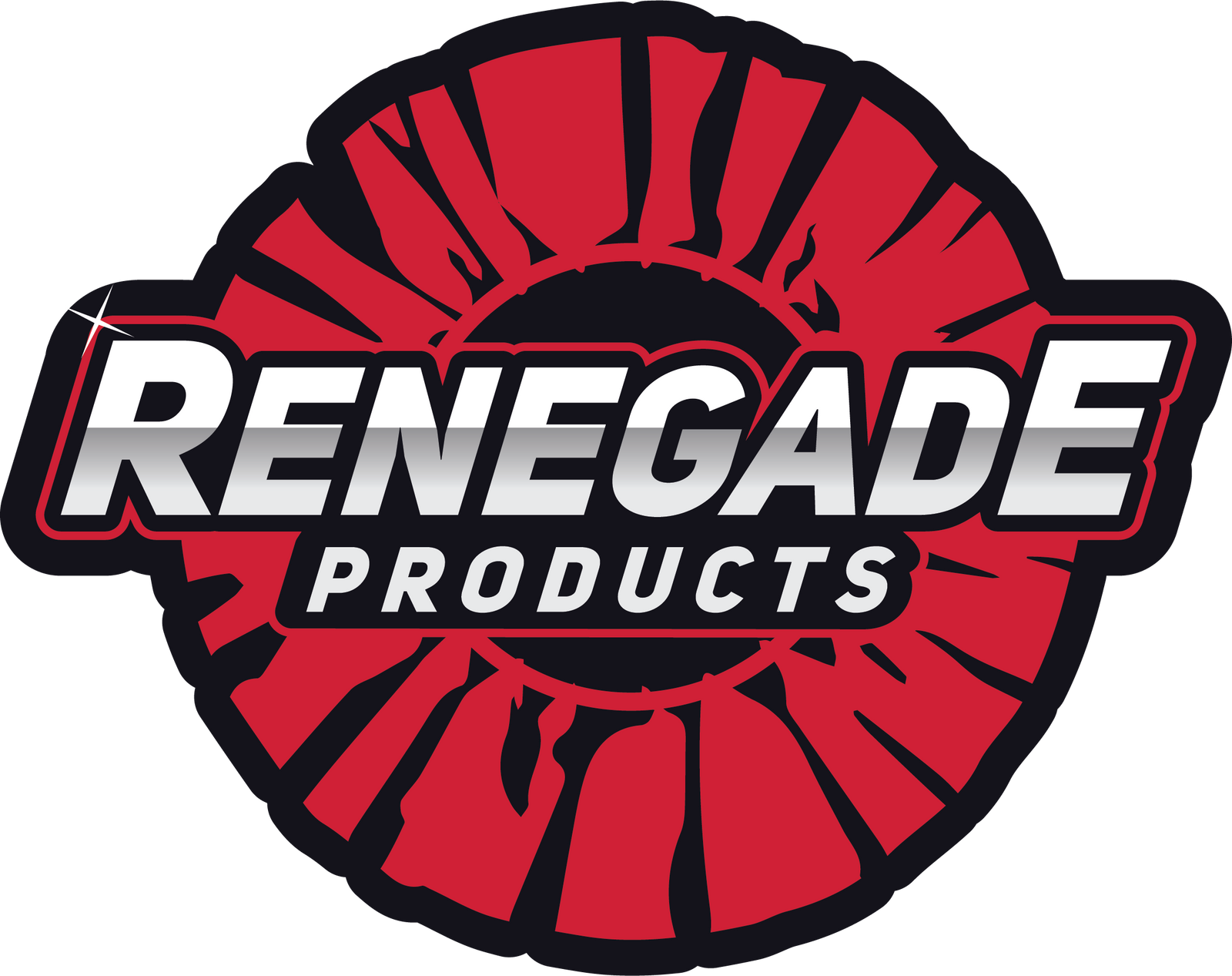Renegade's original Red Line
•Soap & Dressing & Savage APC
Kits
$49.00
•2oz Bottles of hand sanitizer and surface disinfectant spray to leave in your vehicle, purse, or other convenient areas
•Full size bottles for work or home
$49.00
$49.00
$49.00
Título del menú
Esta secção não inclui de momento qualquer conteúdo. Adicione conteúdo a esta secção através da barra lateral.
Your headline
Image caption appears here
$49.00
Add your deal, information or promotional text
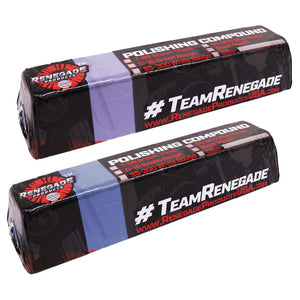
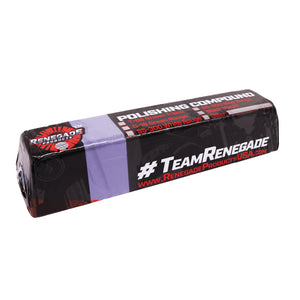
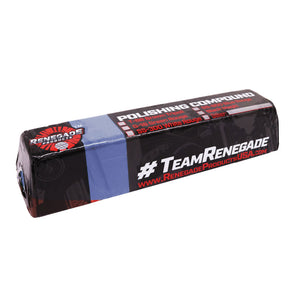
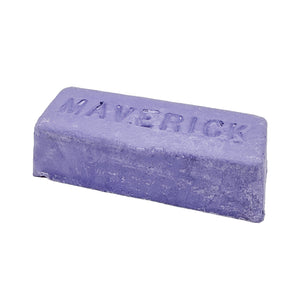
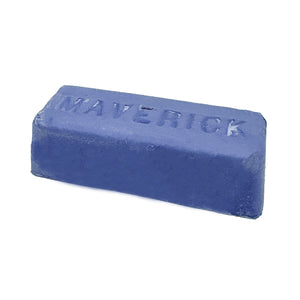
CBMSS510-JBAR
$10.00 USD
Renegade Products is the premier manufacturer of polishing compounds that are robust in quality due to our use of premium raw materials. We do not use cheap fillers in our polishing compounds like other manufacturers that prioritize profit over bar quality.
Our Finishing Compounds bring the ultimate shine and luster on top of your two-stage polish--use these if you are looking for a like-new, liquid metal type of shine.
Our metal polishing compounds are used with our Airway Buffing Wheels to increase the effectiveness of the wheel while being used during the cutting, buffing, and polishing process. Some are of a coarser consistency and are usually used to remove scratches while the others are finer, which lends to them being used to shine and finish your work. They should be applied to airway buffing wheels by coating the edges of the airway buffs like below:

To determine which polishing compounds are most appropriate for your project, we've listed them below along with some basic characteristics regarding their performance:


Colecciones: All Products Buffing Wheels and Metal Polishing Compound Metal Polishing Polishing Compounds Wheel Polishing Machine Supplies
Categoría: Airstream Polishing Kit Aluminum Mini Kit Buffing Wheels and Metal Polishing Compound Forged Mini Kit Lifted Truck Detailing & Restoration Kit Metal Polishing & Big Rig Restoration Kit Metal Restoration Polishing Compounds Pontoon Boat Polishing Kit Stainless Mini Kit
Renegade Products is the premier manufacturer of polishing compounds that are robust in quality due to our use of premium raw materials. We do not use cheap fillers in our polishing compounds like other manufacturers that prioritize profit over bar quality.
Our Finishing Compounds bring the ultimate shine and luster on top of your two-stage polish--use these if you are looking for a like-new, liquid metal type of shine.
Our metal polishing compounds are used with our Airway Buffing Wheels to increase the effectiveness of the wheel while being used during the cutting, buffing, and polishing process. Some are of a coarser consistency and are usually used to remove scratches while the others are finer, which lends to them being used to shine and finish your work. They should be applied to airway buffing wheels by coating the edges of the airway buffs like below:

To determine which polishing compounds are most appropriate for your project, we've listed them below along with some basic characteristics regarding their performance:


